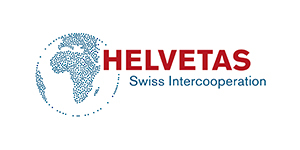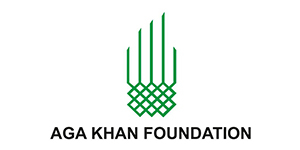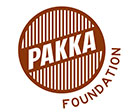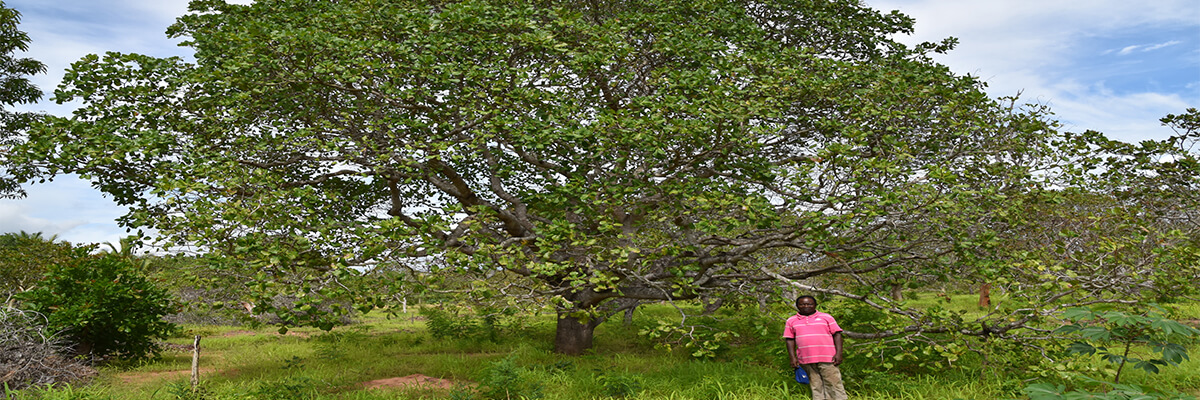Project Mozambique – Overview
- Around 80% of all rural households in Cabo Delgado and the province of Nampula in northern Mozambique live from agriculture as their main source of income and employment.
- Women are particularly disadvantaged in agriculture, as 80% of land titles and most other assets belong to men.
- The region is disproportionately affected by climate change, and planting trees has been shown to make farmers more climate-resilient.
Promotion of local capacities
- Support of sustainable pest control by networking national and international research institutes
- e.g. the elaboration of a formula for effective micro-organisms (EM) for biological control of fungal diseases, which are now being distributed by women.
- Support for the development of a local, long-term agricultural extension service to improve agricultural practices
- Introduction of processes for successful certification (organic & fair trade)
Increase of local added value and economic feasibility
- Improvement of acceptance conditions for small farmers through the connection to lead farmers
- Investments in local value creation and processing
Market orientation and long-term trade relations
- Improve market access for cashew and peanuts from Mozambique, while improving the quality of local food: https://www.sfiar.ch/project-showcase.htm
- Exhibitions, on-site visits to customers, communication via various media
Organizational development / Advocacy
- Networking of the industry to promote the joint representation of interests
- Presentation of the strategic importance of local added value and certified sustainable production in public programmes and action plans.
- e.g. negotiations with the government to promote organic cashew cultivation.
ff
Partners and Donors
 |
 |
Our goals
- At least a total of 3’500 farmers using improved production methods, 1300 of which are certified
- The new market system around certified production will benefit farmers outside the project
- Since cereals and starchy tubers account for an average of 80% of the energy supply of rural households and the intake of aflatoxin is a major cause of stunting in children and cancer, the project promotes diversification of cultivation and nutrition for small farmers and has made aflatoxin control the number one priority.
- Cashew-processing factories employ mainly women. The creation of a market system that allows for the construction of certified processing plants will create secure and quality jobs for women.
- Hardly any farmer has access to microcredit to increase his production. The aim of this project is to reconnect farmers with credit institutions to enable healthy growth.
- The majority of cashews and peanuts are processed into finished products by roasting, crushing and paste manufacturing to maximize the added value in Mozambique.
- The project is expected to produce 1100 tonnes of certified nuts per year.
- Minimising food waste along the value chain by ensuring that harvesting and processing is fast, complete and clean
- Ensure that the factory uses renewable energy, disposes of wastewater and waste appropriately and uses biodegradable packaging.
- Ensuring a positive ecological footprint for the entire value chain
- Promotion of biodiversity through biologically diversified agroforestry.
- Combating biodiversity loss through small-scale agriculture and providing safe islands from systemic insecticides.












